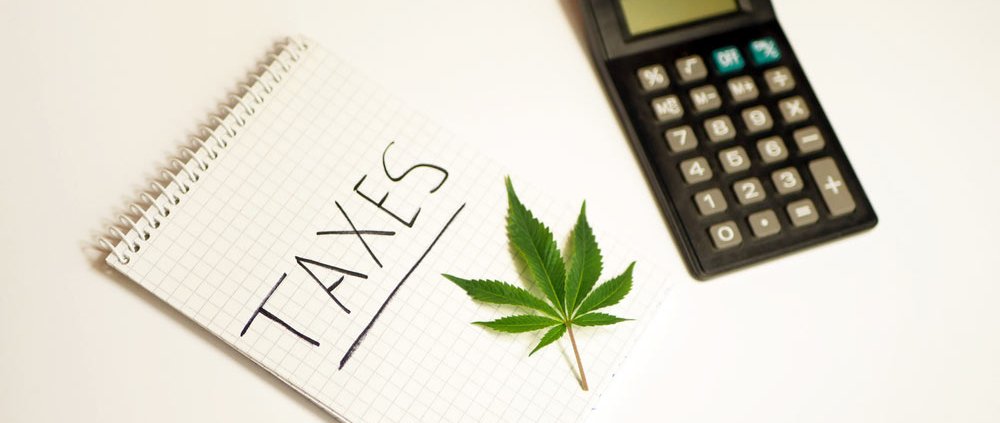California cannabis tax rate set to increase – again | How to order Skittles Moonrock online
Learn how to buy CBD Oil online. TOP QUALITY GRADE A++
Cannabyss Inc. is the best place online to buy top quality weed, cannabis, vape, marijuana and CBD products. Get your borderless orders delivered at the pickup spot with ease. Top Grade products for client satisfaction.
👉 Click here to Visit our shop! 🛒
Cannabis tax rates in California are going up. Again.
The state’s 15% excise tax rate on all cannabis products is set to increase to 19% on July 1 next year, which will reportedly happen automatically unless state lawmakers intervene in the coming legislative session, which kicks off in January.
The tax increase is part of the 2022 deal struck in the legislature that did away with the original state cannabis cultivation tax, sources told Green Market Report, with part of the incentive at the time being that the excise tax would slowly ramp up over coming years.
But in the past two years, the California marijuana market has only seen more turbulence, including major contraction, with plenty of big-name companies going under just this year.
In short, the industry continues to struggle, and insiders at the Benzinga conference in Anaheim on Tuesday suggested that unless lawmakers act, another big tax hike could be a nail in the coffin for the legal market.
“It’s an existential threat to the industry,” said Dustin Moore, co-founder of cannabis chain Embarc, who predicted a heavy lobbying effort by the industry in the coming legislative session, with a focus on delaying or calling off the tax hike altogether.
“We have to go in and unwind that,” Moore said. “That’s 4% right out of the margins. Retailers aren’t going to be able to raise their prices, because consumers are just refusing price increases. You knock 4% out of someone’s gross margin, you put them out of business.”
Moore also raised the issue onstage at the Benzinga conference during a chat with Nicole Elliot, the director of the state Department of Cannabis Control. Elliot acknowledged that her agency is aware of the impending tax hike, but she didn’t have much in the way of comfort to offer operators other than advising that they make their case directly to legislators.
“It’s not lost on us that the excise tax is slated to increase in this next year,” Elliot said. “Reforms are needed.”
Elliot noted that a lot of cannabis policy in California gets approved in the state budget bills, also known as “trailer bills,” and said marijuana businesses have until July to convince a majority of lawmakers to back a different tax policy.
“The best thing you guys can do is come together with one voice,” Elliot told cannabis business owners. “You’ve got from January to July 1… The last thing you want to do is a last-minute drop of your issues.”
Consultant Hirsh Jain of Ananda Strategy said that it was Gov. Gavin Newsom’s office that pushed for the tax hike plan during negotiations with lawmakers in 2022, and that the governor’s staff asserted at the time that such a move would prove to be revenue-neutral.
But with the ongoing struggles of the legal cannabis market, that approach no longer makes any fiscal sense, Jain said.
“California will soon have unquestionably the highest cannabis taxes in the nation, starting July 1,” Jain said. “One can only assume that increasing the rate of taxation – that is like a 25% increase – that will hasten the decline of legal sales. And they’re already in pretty precipitous decline.”
Still the tax hike on the calendar is not a foregone conclusion. But, Jain said, it’ll take a major push by the industry to convince Sacramento to fix the problem, and said it was “incredibly difficult” to get a more modest tax reform package through this past year.
“It was a herculean effort to even get that through the legislature. It’ll take a similar herculean effort to prevent that excise tax increase,” Jain said.
The state cannabis tax rates – long the bane of legal operators in California – had previously increased in 2020, after a mandatory markup rate recalculation by the state Department of Tax and Fee Administration.


Leave a Reply
Want to join the discussion?Feel free to contribute!